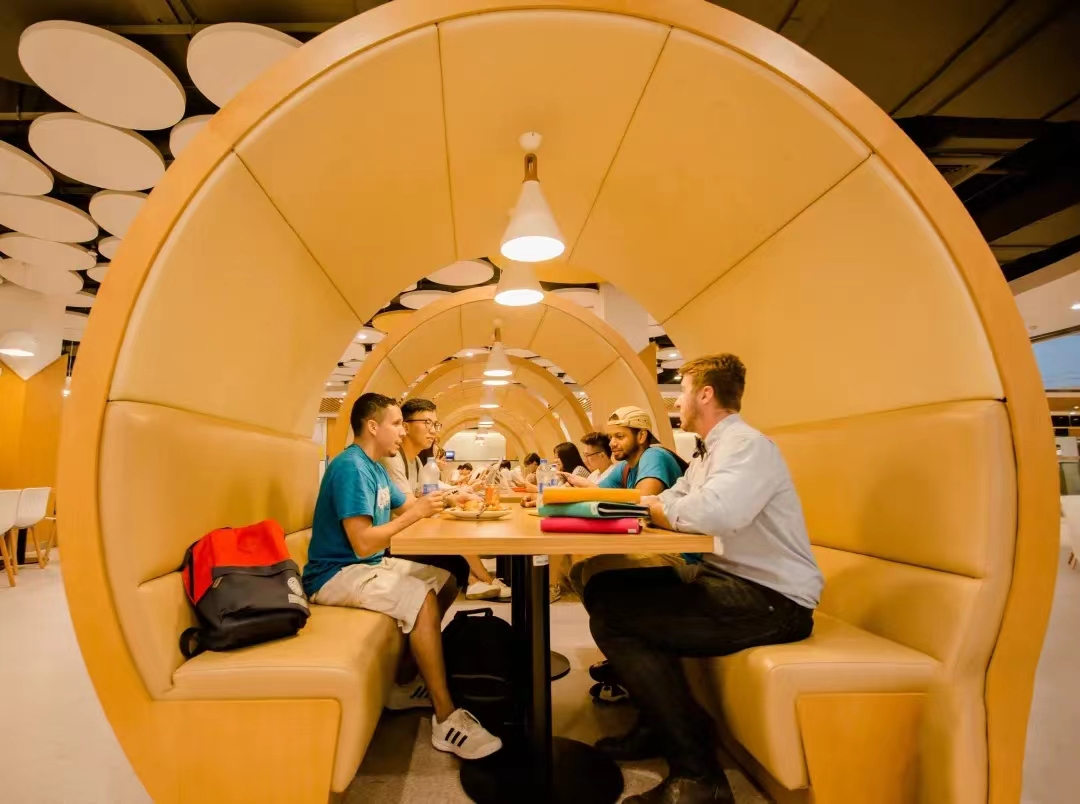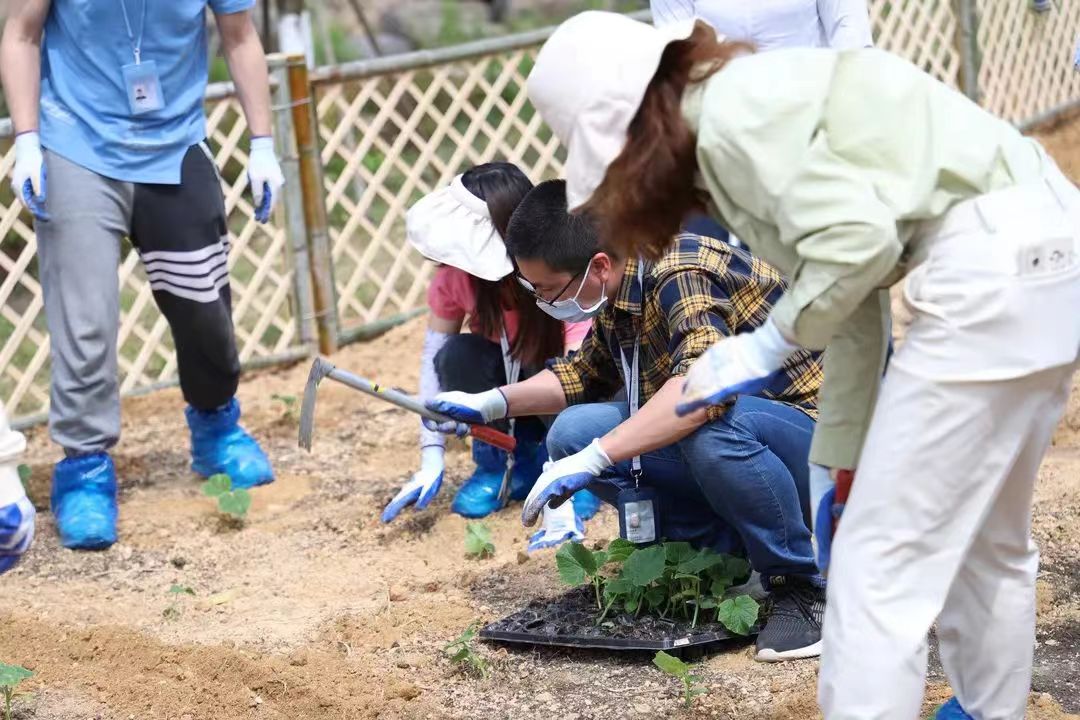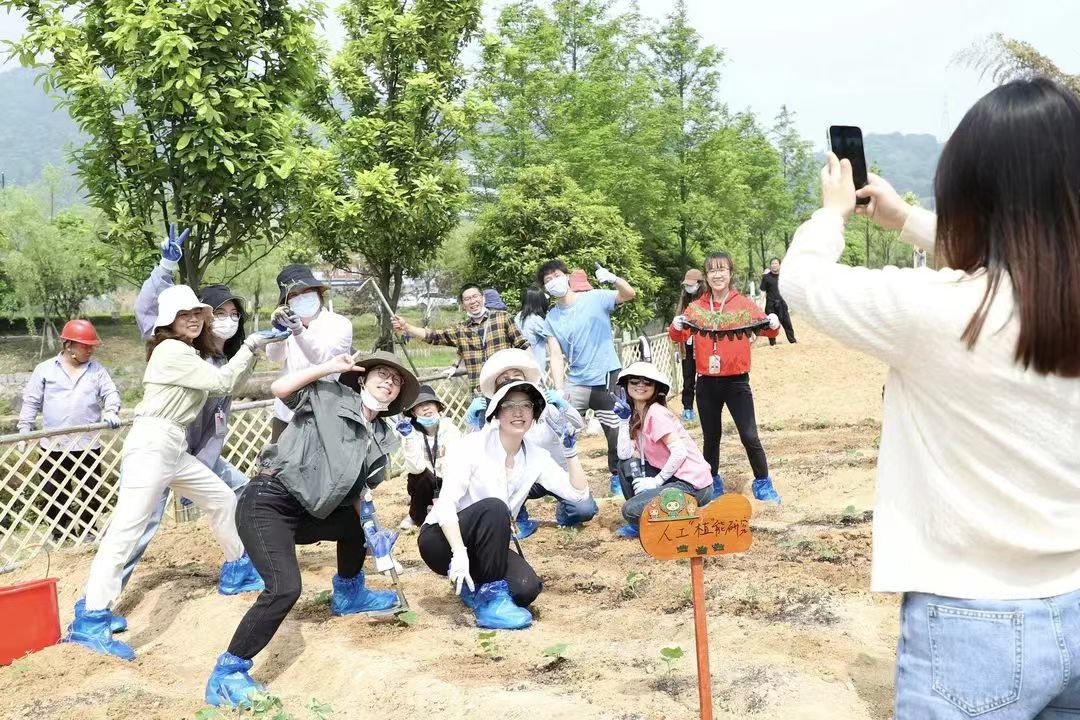
Food
Food production and waste are also major drivers of greenhouse gas emissions worldwide. With initiatives that engage our students, faculty, staff, and the larger community, we're targeting excess waste and educating our campus about recycling and composting. We're also developing new ways of striving toward healthier options whose origins are in step with our commitment to environmental responsibility and social justice.


Food Waste as Organic Fertilizer
Wasted food also contributes to environmental degradation, pollution, and overuse of precious resources. This is why the University works to reduce food waste in on-campus dining facilities through various strategies: Build a zero-waste campus, use food waste from campus cafeterias to produce organic fertilizer for campus farms, reduce resource consumption through material circulation, and reduce carbon emissions.

Campus Smart Farm
WKU plans to build two smart farms in the East Campus, one near the student living area and the other next to the main road leading to campus, close to the Litang River ecological corridor. The food from the campus smart farms can be sold by a dedicated student club at the entrance of the school cafeteria, attracting many students to participate while promoting food conservation, encouraging vegetarianism, and reducing personal carbon footprint.

Green Cafeteria Standard
The school canteen is transformed according to the green canteen standard. The school canteen uses energy-saving and environmentally friendly catering facilities and equipment. It has fume purification equipment. The kitchen waste of the school canteen is handed over to qualified units, Wenzhou Weiming Kitchen Waste Recycling Resources Co. Ltd. and the waste oil is handed over to qualified Wenzhou Zhongke New Energy Technology Co., Ltd. for disposal.
Subscribe to our newsletter or join us on social to be part of the community!
